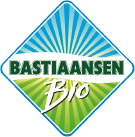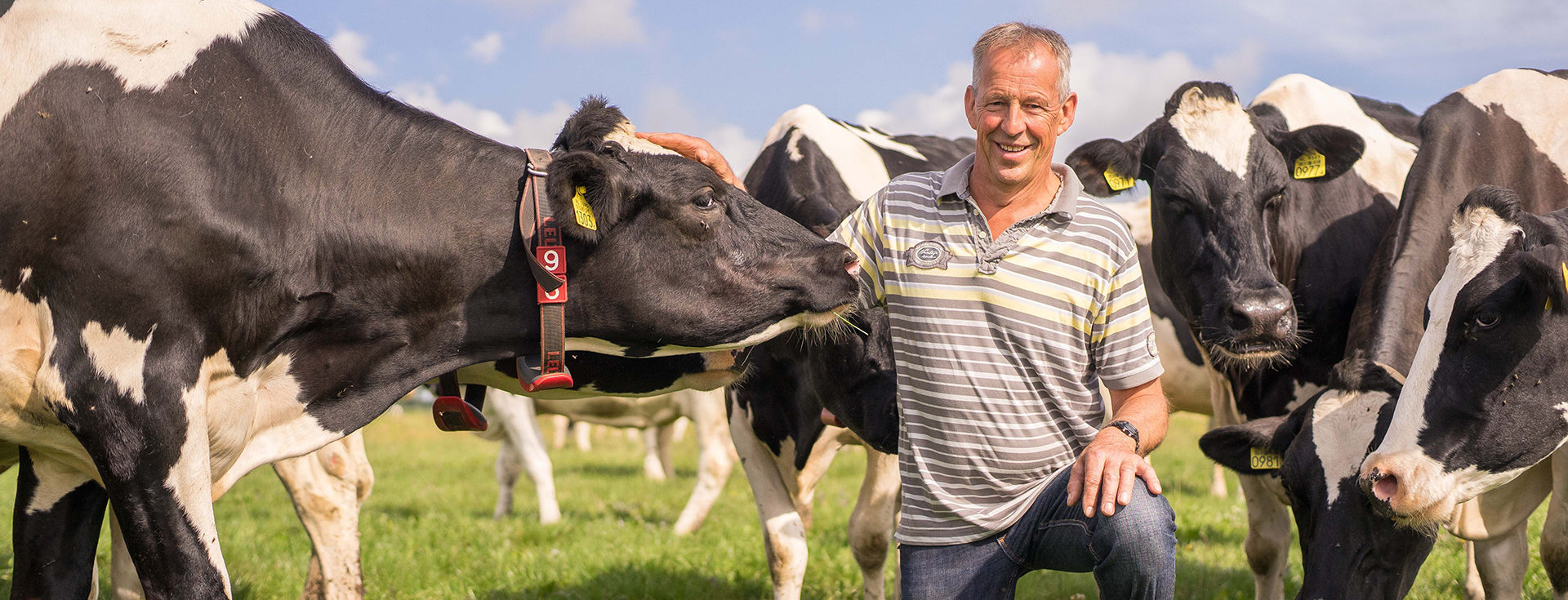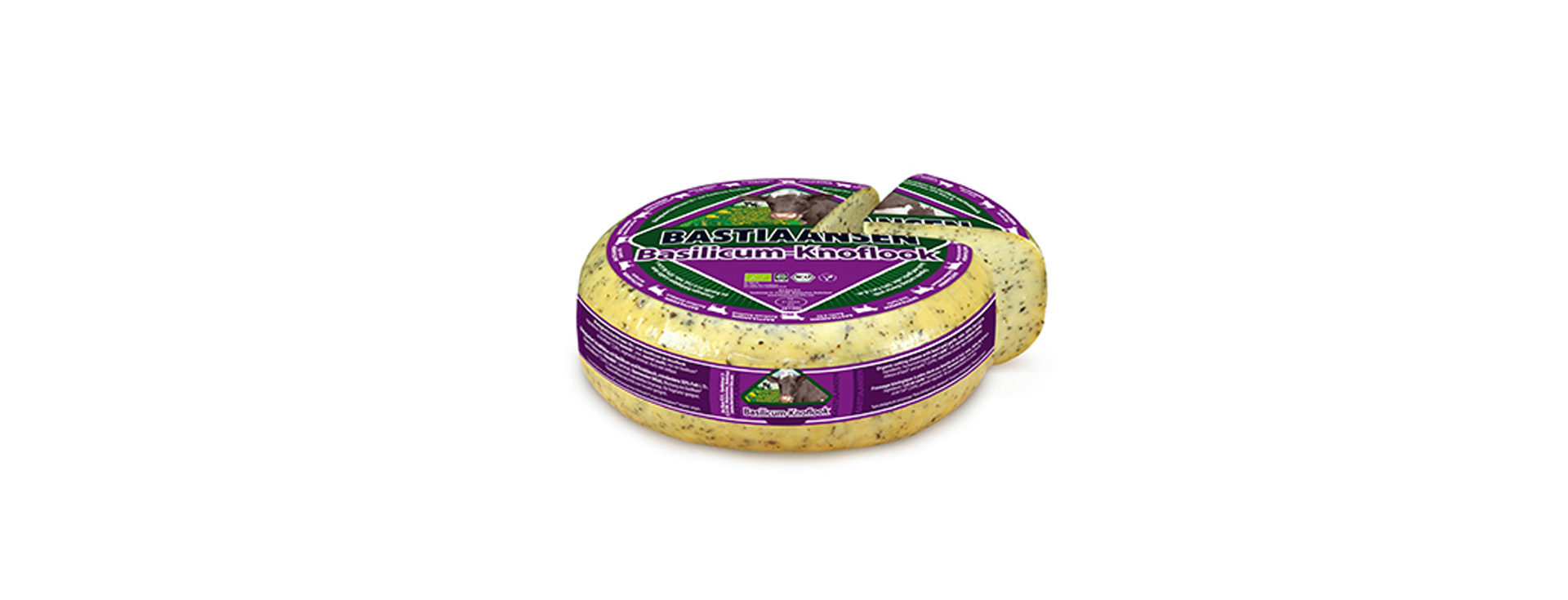"Tell us, farmer Van den Brandhof..."
What does being a good farmer mean to you?
To us, being a good farmer is a combination of several factors. It all starts with good animal health; a healthy cow gives healthy milk and contributes to a healthily managed farm. To achieve this the whole process needs to be done right. from breeding and raising calves to dairy cattle and from land use to silaging. How we optimise and combine these factors is always a good challenge.
In what ways do you practice sustainable farming? And what motivates you to do so?
It can be a bit tricky to define sustainability. Because something that is sustainable in one way is sometimes less sustainable in others. Our way of managing our farm is one which allows us to care for our land in a responsible way. For example, we’re busy working on an area of land for meadow and grassland birds by managing it in a specific way and delaying any other work there, so chicks get plenty of opportunity to grow and thrive. We’ve also designed our cattle barn to allow for maximum comfort for our livestock as well as making it a nice place to work in. And in the long run we’d like to increase the amount of solid manure, as this is advantageous to soil health. When it comes to energy use, we are self-sufficient because of pre-cooling and heat recovery as well as solar panels on the roof.
Why is your way of farming the right one for you?
The decision to farm organically suits our way of thinking as well as the surroundings and location of our farm. Our farm is situated in a peat meadow area, which brings with it limitations and challenges, but also offers opportunities. We have extremely fertile soil, which means we can avoid using artificial fertiliser. This isn’t usually the case, so it’s definitely something which sets us apart. There are also quite a lot of meadow and grassland birds in our area. And we’re convinced that we have helped to increase their chances of successfully raising their chicks by turning organic, no longer using artificial fertiliser and letting our cattle graze more in the pasture. We have also drastically reduced our use of antibiotics in recent years, and now we hardly use them at all. We try to keep our animals healthy by giving them healthy living conditions as well as healthy feed and water. We see this as standard practice, and something that should be viewed as important on all farms.
Why did you choose to join the cooperative?
When the Juliana cooperative in Hasselt ceased to exist, we made the transition to Rouveen Kaasspecialiteiten. It’s a friendly cooperative with strong convictions. And the fact that our milk is used to make great products which are enjoyed all over the world makes it a cooperative to be proud of.
Which breed of cattle do you have, and why this particular breed?
On our farm we have a nice couple of black and red Holstein Frisian cows. As we have for some time extensively farmed using a lot of grass/silage as feed (no maize), we’ve always gone for a specific group of bulls for breeding. These always provide offspring with a bit more “body” and not necessarily the highest production. We haven’t got the largest cattle, but we do have cows that thrive in our farm’s environment. We really like the Holstein Frisian breed, and it offers a lot of possibilities with regards to breeding, we also enjoy all the different characters of our cows.
Last but not least: what’s your favourite cheese?
That’s a difficult choice… Basil-garlic cheese has a distinct flavour which goes really well with a glass of beer or wine. But my favourite cheese to put in a sandwich is our organic herb cheese, it’s simply a good cheese with that bit more character!


